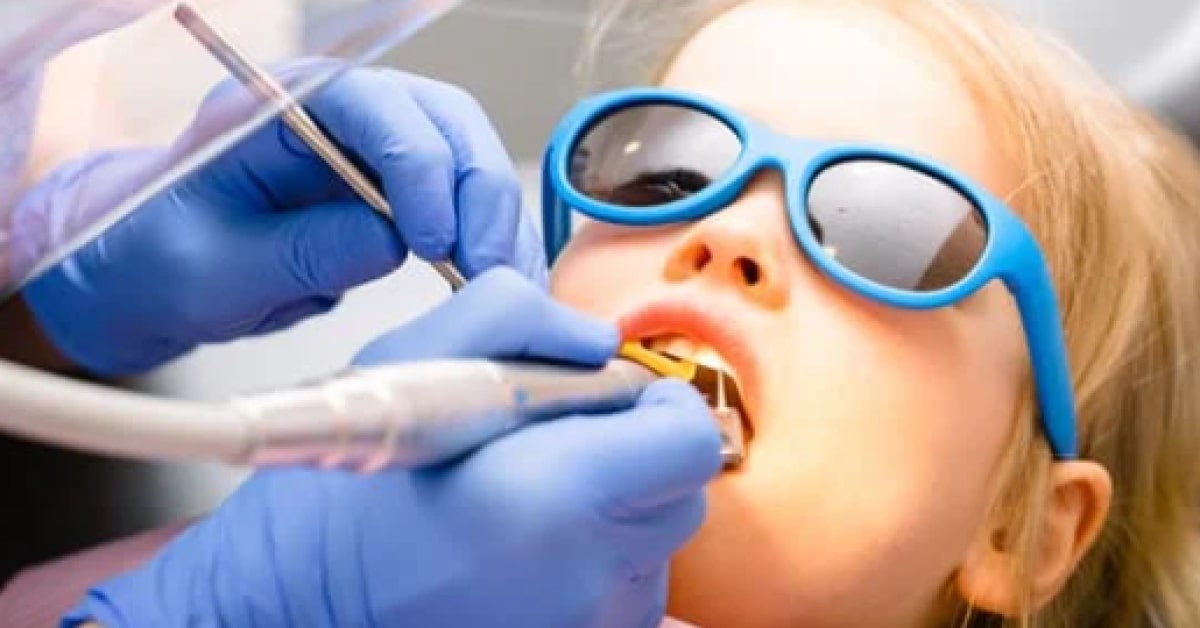Blog
March 07, 2023 • 15 mins readDry Mouth and The Effects On Whole Body Health
Dry mouth can have a serious impact on your overall health. Learn more about the effects of dry mouth and how to prevent it. Find out how to keep your mouth healthy.
Author
Danielle Duncan

In this Article
Saliva, an important part of everyday life, is often taken for granted or flat-out ignored until we start seeing the negative effects of a dry mouth. Everyone needs saliva to help moisten and cleanse our mouths, and to digest last night’s leftovers, but did you know that saliva also helps to prevent infection by controlling fungi and bacteria growth in the mouth?
Unfortunately, if you aren’t able to make enough saliva, whether that be due to a disease or medication, your mouth can become dry and uncomfortable, leading to a slew of problems that can lead to an imbalance of oral and whole-body health.
What can cause dry mouth?
There are many different causes that lead to dry mouth or a lack of saliva production. Being armed with the knowledge of dry mouth causes can help you to get ahead of the problem before it gets out of control.
- Medication:
If you read through the potential side effects of many OTC or prescription medications, dry mouth is likely to make an appearance. Dry mouth is a common side effect of many nonprescription and prescription drugs, including medications used to treat anxiety, pain, allergies, depression, and the common cold.
It is important to keep your medical team informed if you experience dry mouth and work with your dentist to prevent any oral health decline due to medication.
- Diseases and infections:
Some diseases and infections may cause dry mouth. Some of these conditions include HIV/AIDS, Sjögren’s syndrome, diabetes, Alzheimer’s disease, anemia, cystic fibrosis, Parkinson’s disease, rheumatoid arthritis, hypertension, stroke, and mumps.
Once diagnosed with any of these conditions, it is incredibly important to keep your health records updated with your dentist. This will allow them to track your overall oral health journey and to help resolve any underlying dry mouth before it can cause irreparable damage.
- Medical treatment side effects:
Treatments such as chemotherapy or radiation for cancer can cause permanent damage to the salivary glands (the glands that produce saliva), thus reducing the amount of saliva that you are able to produce. In these cases, working closely with your medical doctor and dental professionals can help to reduce the side effects experienced by dry mouth.
- Removal of salivary glands:
In some cases, patients may need their salivary glands removed. In these cases, the body is no longer able to produce the saliva required to maintain a healthy mouth. These patients will work closely with their medical doctors and dentists to prevent any lasting damage due to dry mouth.
- Nerve damage:
Damage sustained to the head or neck area due to an accident or surgery may cause the salivary glands to produce less saliva.
- Dehydration:
Regardless of the cause, not drinking enough water, fever, excessive sweating, or vomiting, dehydration limits your body’s ability to create saliva. In these cases, it is important to treat the cause of the dehydration to allow your body to produce the appropriate amount of saliva to maintain whole body health.
- Lifestyle:
Smoking, chewing tobacco, and drinking can all impact saliva production and can aggravate dry mouth caused by other conditions.
- Open mouth breathing:
Breathing through your mouth, rather than your nose, can contribute to dry mouth symptoms. It is important to discuss why you are having trouble breathing through your nose to reduce the risk of exacerbating dry mouth by breathing through your mouth.
What are the symptoms of a dry mouth?
A dry mouth can cause several symptoms that are relatively easy to spot right away. If you experience any of these symptoms, it is important to update your doctor and dentist right away to prevent any long-term damage caused by dry mouth.
- Frequent thirst.
- A dry, sticky feeling in the mouth.
- Mouth sores, split skin in the corners of the mouth or dry lips.
- A tingling or burning sensation in the mouth or tongue.
- A dry throat.
- Dry, raw, and red tongue.
- Hoarseness.
- Dry nasal passages.
- Sore Throat.
- Problems speaking, tasting, chewing, or swallowing.
- Bad breath.
What is the risk of ignoring a dry mouth?
Ignoring any medical condition or change in the way your body functions is never the best idea. Foregoing treatment or failing to let your doctor or dentist know about the symptoms of dry mouth that you are experiencing can lead to a domino effect on your overall health.
Besides causing the above symptoms, if left unchecked, dry mouth can increase your risk of tooth decay, gingivitis, mouth infections, and poor gut health.
It is especially important for those who have treatment-related dry mouth (such as cancer patients) to work with their medical team to lessen the effects that dry mouth has on the body. If left unchecked, a dry mouth can put the patient at risk for severe infection.
How is dry mouth treated?
The treatment for dry mouth will depend on the cause. Your medical doctor or dentist will work with you to get to the root of the cause of your dry mouth and treat the underlying cause by:
- Medication management.
While you may not always be able to switch medications, your doctor will usually work with you to find which medication is causing the dry mouth, and if possible, will adjust medications or dosages to help limit the effects of dry mouth.
- Increasing the flow of saliva where possible.
Increasing the amount of saliva will be the main goal of most medical and dental professionals in patients with dry mouths. An oral rinse to help restore saliva production may be prescribed or they may suggest certain toothpaste, moisturizing gels, or oral medications.
- Promoting appropriate oral hygiene to prevent tooth decay.
Brushing with fluoride toothpaste, using dentist-approved mouthwash, flossing, and maintaining an overall healthy oral hygiene routine is important in the treatment of dry mouth.
Things you can do to help dry mouth at home:
- Chew sugar-free gum or suck on sugar-free candy that includes xylitol to help saliva production.
- Keep hydrated by drinking plenty of water.
- Train yourself to breathe through your nose instead of your mouth whenever possible.
- Use an over-the-counter saliva substitute.
- Use a vaporizer to add moisture to your bedroom air at night.
- Avoid salty, dry foods and high-sugar beverages.
- Moisten your food with broths, soup, sauces, gravy, or creams.
- Avoid caffeinated drinks and alcohol that can limit saliva production.
- Quit smoking.
- Use moisturizer or chapstick on your lips.
While dry mouth can have a profound effect on the overall health and well-being of your body, it can be easily treated in most cases with the help of your dentist. Remember, it is always important to keep your dental office and medical doctors updated on any changes in medication or health status so that they can prevent a whole-body health catastrophe caused by poor oral health.
Medical professionals can help their patients with dry mouth by billing medical insurance for their treatment. Learn more about how you can bill dry mouth to medical insurance by contacting us today!



